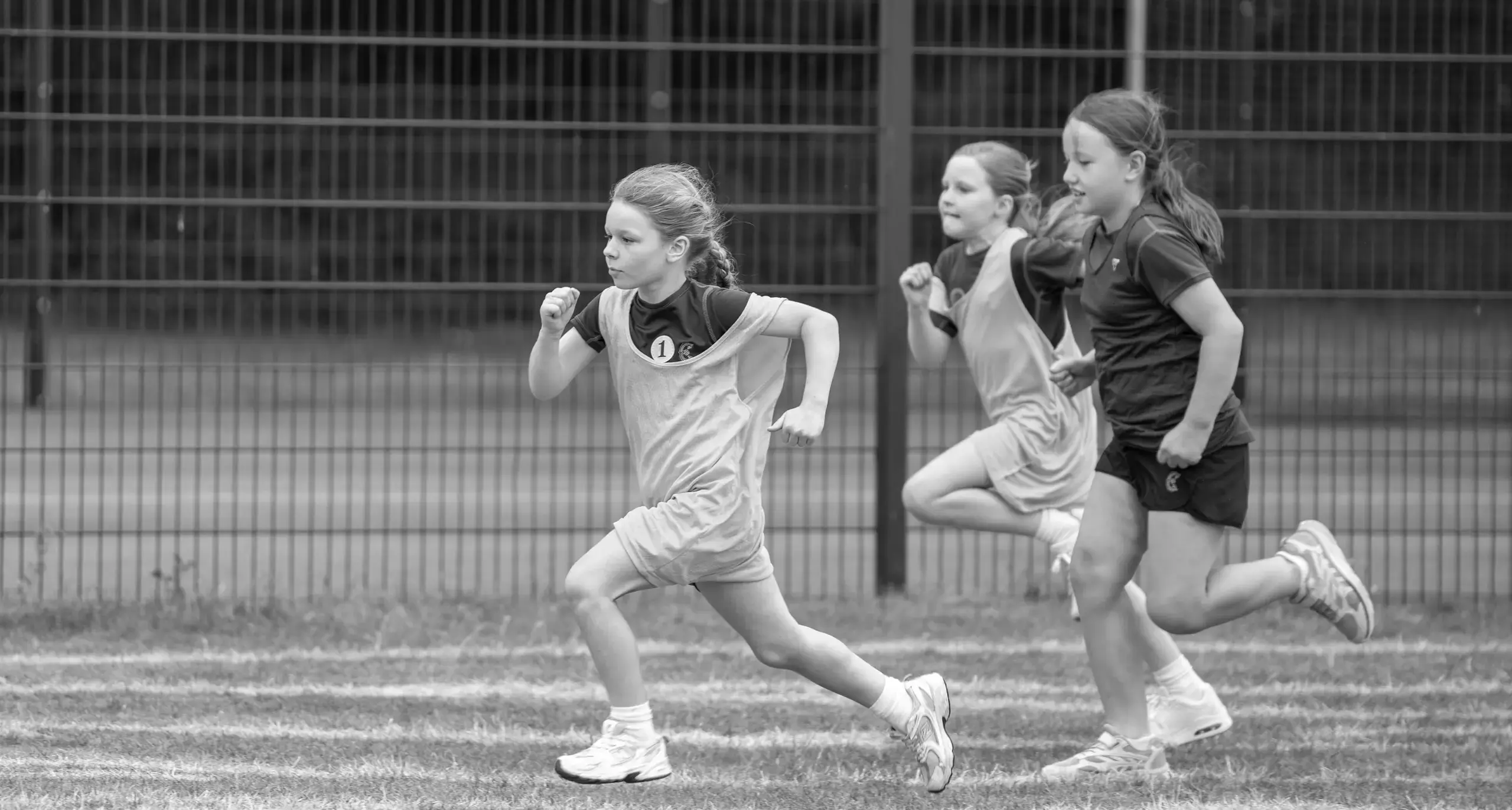We began our term last week with a retelling of the parable of the Good Samaritan. The parable communicates a Truth of the Christian tradition and is shared in response to a challenge about what the secret is to eternal life. I wonder reader if you have your own answer to that question or indeed if you spend any time at all thinking about it? One could equally well ask how ought I to live in the world or even how can I be happy? The parable shares the secret and the answer to all these questions and more besides. But to shape the response, let’s look at the origin of the question.
Jesus is asked what one must do to gain eternal life? The question is turned on the interlocutor who replies that one should love the Lord your God with all your heart, with all your soul, and with all your mind and your neighbour as yourself. There follows the question of who is my neighbour? And the Good Samaritan parable is set out to answer that. Essentially everyone is my neighbour. Forgive me if I dwell on the irony of a modern world more connected than ever in which we are less familiar with each other and less comfortable with our neighbours.
But the exposition of who my neighbour is reveals only one facet of this ancient commandment. If we are to love our neighbour as ourselves, what does it mean to love oneself? Herein lies the rub and it was to this question that I gave some thought last Monday. If, reader, you are familiar with my ramblings, you will be aware that I do not consider happiness to be a destination, rather a by-product of our journey toward authenticity. Happiness is as elusive as the mist; you can see it from a distance but you can’t catch it in your hand. Happiness is experienced but not in the reaching out to grasp it but in the participation in our search for meaning. So, I offered the children three ways in which they may come to love themselves authentically; where to love oneself is to actively will what is good for us.
The first was to be ambitious, daring if you will in pursuit of a goal that is beyond us. Challenging ourselves is healthy and while it may make us uncomfortable from time to time, this is no bad thing. Happiness does not imply comfort, sloth does but who would will that for themselves? Then as humans, I believe that we are predisposed to deal with difficult things; it is in our nature to solve problems and I would argue we are at our authentic best when we are actively engaged in working hard to reason our way to solutions where impossibility holds temporary reign.
The second aspect of willing the good for ourselves is in the avoidance of comparison. I shared the story of an athlete who was keen to be an Olympic champion. In her first race she was bereft, inconsolable as she trailed in last and some many seconds behind the best of the rest. Her coach challenged her thinking by looking at her time, a personal best. Incremental focus on improving the things we control brings us closer to our goals, avoids the stress and misery of comparison with the performance of others whose performance we cannot influence. That authentic focus on ourselves, empowers us to be our authentic best and, come what may, we improve our personal best and the wins will follow or not as the case may be but they are within our control and shape our belief in ourselves. It’s funny isn’t it that as our young people look to be more themselves, they are ever more mindful of not standing out from the crowd and while they rail against uniform, they willingly adopt the uniform of the age. Nothing wrong with it per se, but let’s be mindful of what we are doing and the potential contradiction.
The final aspect was to regard the world as a wonderful opportunity. We all have within us the capacity to determine our own actions. I challenged the children to act such that every action could be a universal law. Some recognised immediately the Kantian imperative. But isn’t it possible to frame the same proposition slightly differently? Why not treat everyone as we would wish to be treated. Imagine a world where this is the case? The fulfilment that comes from forgiving, from apologising, from acting with restraint. They are all attributes of character that put the ‘other’ first and assume the best not the worst. Let's bear in mind that we are all human, we make mistakes, things go wrong and in the heat of the moment when lives are being lived, the clarity of objectivity is often supplanted by a narrow self-regard that causes hurt.
I am not suggesting we go easy on ourselves, but I am suggesting that we take a step back and think of others and that we hold ourselves to high expectations. There is no need to run to despair when we don’t meet these expectations any more than the athlete needs to run to despair about personal bests. The journey is about progress not perfection. Suppose then that we dare to be authentic and immerse ourselves in something bigger than ourselves; suppose we avoid the myopia of comparisons and reach out to others in the way we would wish to be reached out to; sounds like a good way to meet the neighbours and to love them as ourselves.
MORE BLOGS —
Parent wants
Been a busy few weeks – though when isn’t it? I have spent quite a bit of time speaking with Prep School Heads.
Bridges
In January 1942, in a small suburb just outside Berlin, a group of engineers, scientists and logicians gathered to map out a strategy that would change the face of Europe.




